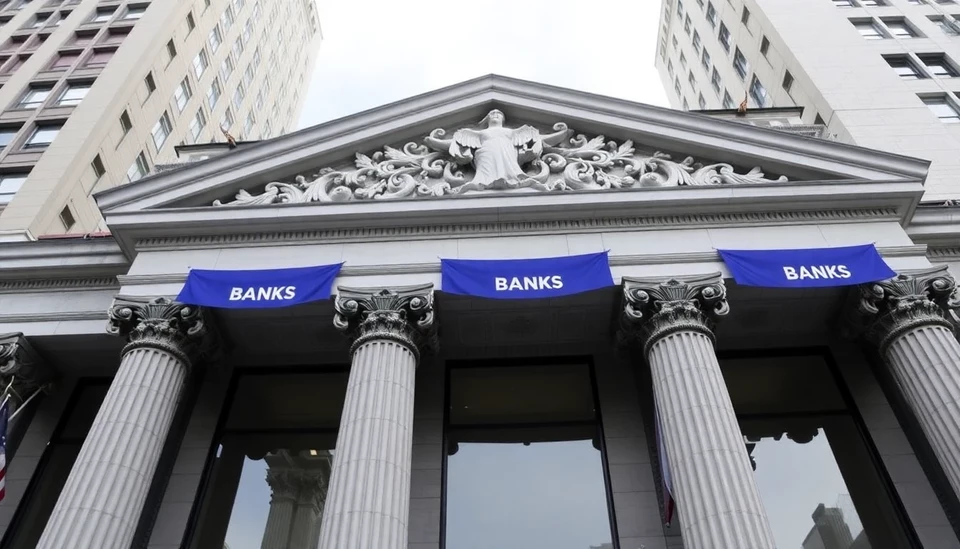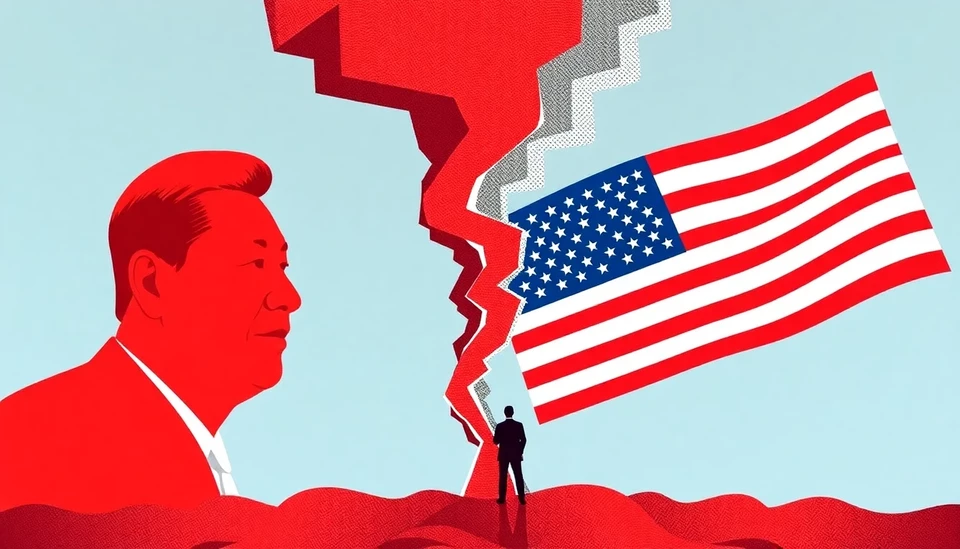
In an unprecedented twist of events, major banks have reported record trading volumes, but this surge is being overshadowed by a complex backdrop of tariff impositions and geopolitical challenges. As global markets grapple with the consequences of recent policy changes, banks like JPMorgan Chase and Goldman Sachs have found themselves navigating a labyrinth of financial opportunities and risks.
Despite the rampant uncertainty created by escalating tariffs and political unrest, many of the largest financial institutions have recorded a significant uptick in trading activities. This unexpected trading boom can be primarily attributed to the rapid fluctuations in commodity prices and currency valuations, which have kept traders on their toes. Coupled with high volatility in the markets, these conditions have fostered an environment where traders can capitalize on quick gains.
JPMorgan Chase, one of the giants in the banking sector, reported trading revenue that exceeded analysts’ expectations for the first quarter, showcasing their ability to adapt to the fast-changing economic landscape. The bank's comprehensive trading strategies allowed it to harness opportunities presented by rising interest rates and international trade disputes. Analysts noted that the surge in revenue can also be linked to increased client demand for hedging against potential risks induced by tariff changes.
Additionally, Goldman Sachs has echoed similar sentiments, with their trading desk posting impressive numbers. The firm has managed to take advantage of a diversified portfolio that includes equity, fixed income, and other derivative products. As tariff disruptions influence market behaviors, Goldman’s agile decision-making has proven advantageous, resulting in record revenue for their trading divisions.
However, this euphoria surrounding trading success comes with a caveat. The geopolitical landscape remains volatile, and as tariffs continue to evolve, uncertainty lingers over the sustainability of the banks’ trading profits. Some experts caution that while current trading figures are impressive, they may not be indicative of long-term growth. Fluctuations driven by political decisions could lead to sudden shifts in trading volumes, potentially resulting in losses rather than gains for these financial institutions.
Moreover, the implications of ongoing trade tensions are far-reaching, affecting supply chains and impacting consumer behavior. Businesses are increasingly focused on mitigating the risks associated with international trade, which could lead to reduced demand for trading services as companies adopt a more cautious stance towards their financial strategies.
The banking sector's mixed feelings about the current trading success are palpable as they balance between celebrating record profits and preparing for a challenging environment. As policymakers around the globe continue to grapple with the ramifications of their decisions, the big banks remain vigilant, ready to adapt to new parameters while safeguarding their interests in an unpredictable market.
In conclusion, the recent trading triumphs of the major banks have highlighted their resilience and adaptability in a turbulent economic climate. However, the shadow of tariff changes looms large, reminding all of the intricate relationship between financial success and political landscapes. The upcoming quarters will certainly reveal whether these trading records can be sustained in an ever-evolving global economy.
#Tariffs #Banking #Trading #FinancialMarkets #JPMorgan #GoldmanSachs #Economy #TradeWar #Profit #GeopoliticalRisk
Author: Samuel Brooks




